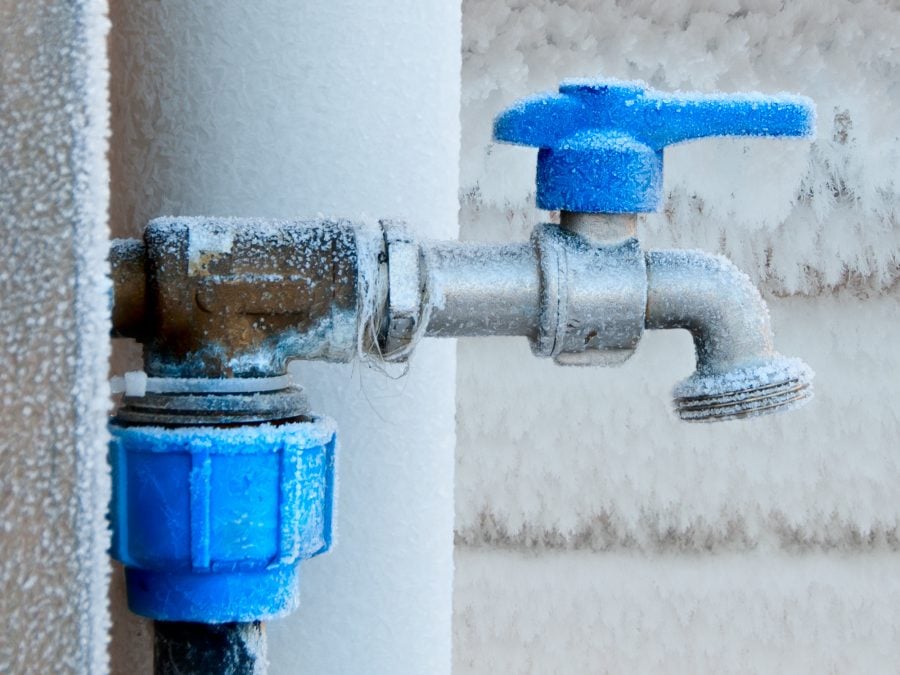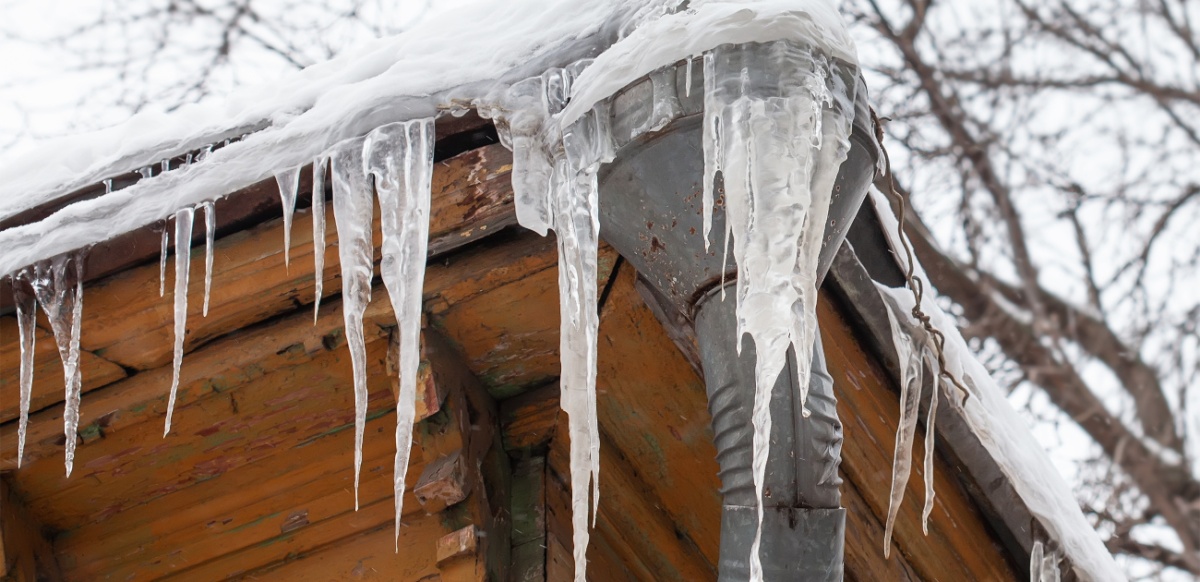Preventing Pipes from Cold Weather: Effective Methods
Preventing Pipes from Cold Weather: Effective Methods
Blog Article
Presented here in the next paragraphs you will find lots of decent expertise in relation to How To Avoid Freezing Pipes.

Cold weather can wreak havoc on your plumbing, particularly by freezing pipes. Here's how to prevent it from taking place and what to do if it does.
Intro
As temperature levels decrease, the danger of frozen pipelines rises, possibly resulting in costly repairs and water damages. Comprehending how to stop icy pipes is crucial for home owners in chilly environments.
Comprehending Frozen Pipelines
What causes pipelines to ice up?
Pipes ice up when subjected to temperatures below 32 ° F (0 ° C) for expanded durations. As water inside the pipes ices up, it expands, taxing the pipe walls and possibly causing them to rupture.
Threats and problems
Frozen pipes can bring about water supply interruptions, property damage, and costly repair services. Ruptured pipelines can flooding homes and create extensive structural damage.
Signs of Frozen Pipes
Identifying frozen pipes early can stop them from breaking.
Just how to recognize icy pipes
Search for decreased water flow from taps, uncommon odors or noises from pipelines, and visible frost on exposed pipelines.
Avoidance Tips
Protecting susceptible pipelines
Cover pipelines in insulation sleeves or use heat tape to safeguard them from freezing temperature levels. Concentrate on pipelines in unheated or external locations of the home.
Home heating techniques
Keep interior spaces properly heated up, particularly areas with plumbing. Open cabinet doors to allow cozy air to flow around pipelines under sinks.
Securing Outside Plumbing
Garden tubes and exterior taps
Separate and drain pipes garden hose pipes before winter. Mount frost-proof faucets or cover outside faucets with insulated caps.
What to Do If Your Pipes Freeze
Immediate activities to take
If you suspect frozen pipes, keep faucets open to eliminate stress as the ice melts. Utilize a hairdryer or towels soaked in hot water to thaw pipes gradually.
Long-Term Solutions
Architectural changes
Think about rerouting pipes away from outside wall surfaces or unheated areas. Add added insulation to attic rooms, basements, and crawl spaces.
Updating insulation
Purchase premium insulation for pipes, attic rooms, and walls. Correct insulation assists maintain regular temperatures and lowers the danger of icy pipes.
Verdict
Stopping icy pipes calls for proactive procedures and fast feedbacks. By understanding the reasons, indicators, and safety nets, home owners can shield their pipes during cold weather.
5 Ways to Prevent Frozen Pipes
Drain Outdoor Faucets and Disconnect Hoses
First, close the shut-off valve that controls the flow of water in the pipe to your outdoor faucet. Then, head outside to disconnect and drain your hose and open the outdoor faucet to allow the water to completely drain out of the line. Turn off the faucet when done. Finally, head back to the shut-off valve and drain the remaining water inside the pipe into a bucket or container. Additionally, if you have a home irrigation system, you should consider hiring an expert to clear the system of water each year.
Insulate Pipes
One of the best and most cost-effective methods for preventing frozen water pipes is to wrap your pipes with insulation. This is especially important for areas in your home that aren’t exposed to heat, such as an attic. We suggest using foam sleeves, which can typically be found at your local hardware store.
Keep Heat Running at 65
Your pipes are located inside your walls, and the temperature there is much colder than the rest of the house. To prevent your pipes from freezing, The Insurance Information Institute suggests that you keep your home heated to at least 65 degrees, even when traveling. You may want to invest in smart devices that can keep an eye on the temperature in your home while you’re away.
Leave Water Dripping
Moving water — even a small trickle — can prevent ice from forming inside your pipes. When freezing temps are imminent, start a drip of water from all faucets that serve exposed pipes. Leaving a few faucets running will also help relieve pressure inside the pipes and help prevent a rupture if the water inside freezes.
Open Cupboard Doors
Warm your kitchen and bathroom pipes by opening cupboards and vanities. You should also leave your interior doors ajar to help warm air circulate evenly throughout your home.

I'm very curious about Prevent Frozen Pipes and I am praying you appreciated the page. Are you aware of someone else who is in to the niche? Feel free to share it. I praise you for your time. Come back soon.
Get An Estimate Report this page